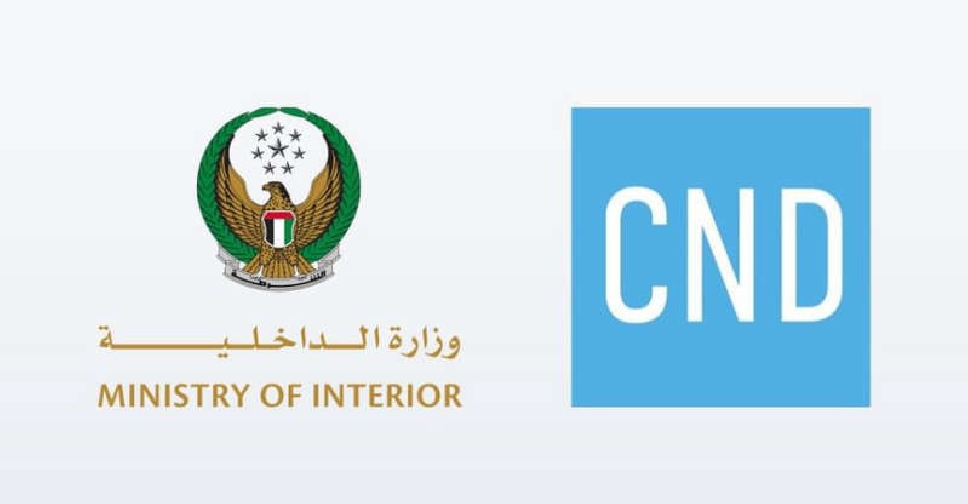
Dubai International once again holds the top spot for global passenger traffic. According to Dubai Airports, DXB saw 78 million passengers in 2015, up 10% from the previous year. Some 100 airlines connecting the airport to 240 countries helped boost numbers. India is its single largest destination country, followed by the UK and Saudi Arabia. Speaking to ARN News, Dubai Airports CEO Paul Griffiths says new routes were a big factor.
Listen
Griffiths adds that the surge in passenger traffic is due to congestion across airports in Europe, diverting traffic to the Middle East.Listen

 UK's Jaguar Land Rover to halt US shipments over tariffs
UK's Jaguar Land Rover to halt US shipments over tariffs
 US starts collecting Trump's new 10% tariff
US starts collecting Trump's new 10% tariff
 Nasdaq set to confirm bear market as Trump tariffs trigger recession fears
Nasdaq set to confirm bear market as Trump tariffs trigger recession fears
 Dana Gas and Crescent Petroleum exceed 500M boe in Khor Mor field
Dana Gas and Crescent Petroleum exceed 500M boe in Khor Mor field
 China to impose tariffs of 34% on all US goods
China to impose tariffs of 34% on all US goods




